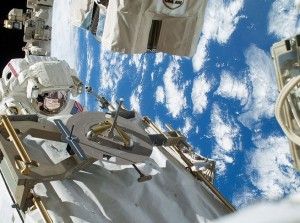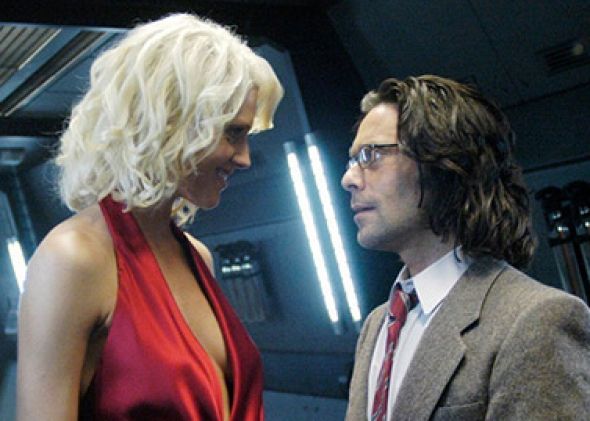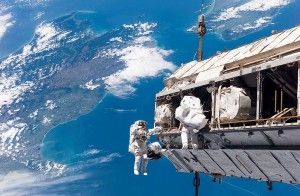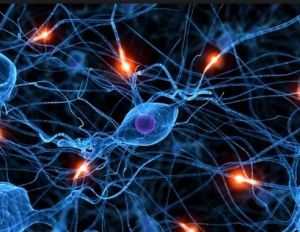Jan 1, 2014
2014: The 12 Miraculous Implications of Einstein’s Happiest Thought
Posted by Otto E. Rössler in categories: existential risks, particle physics
Weightlessness in free fall, seen by Einstein in a flash in 1907, was “the happiest thought of my life” as he always said. It implies that gravity can be replaced by ordinary acceleration and hence can be understood from first principles using his then two years old theory of special relativity.
Twelve revolutionary implications follow. They all derive from the following simple abstract scenario described by Einstein: A light ray is ascending inside a constantly accelerating long rocketship in outer space, from the bottom to the tip. During this finite traveling time, the ship itself is picking up speed. That is all. The rest is implications:
# 1) When the ascending light with its intrinsic finite speed c arrives at the tip, the tip is receding at a constant velocity from the point of origin of the light. So a constant Doppler effect applies. Hence the temporal wavelength of a laser beam arriving upstairs is elongated. This is the famous GRAVITATIONAL REDSHIFT (Einstein).
# 2) The elongated wavelength of the photons emitted downstairs implies that their constant energy is lower there from the beginning since nothing happens to them on the way. This is the GRAVITATIONAL ENERGY REDUCTION OF LIGHT (Einstein).
Continue reading “2014: The 12 Miraculous Implications of Einstein’s Happiest Thought” »














